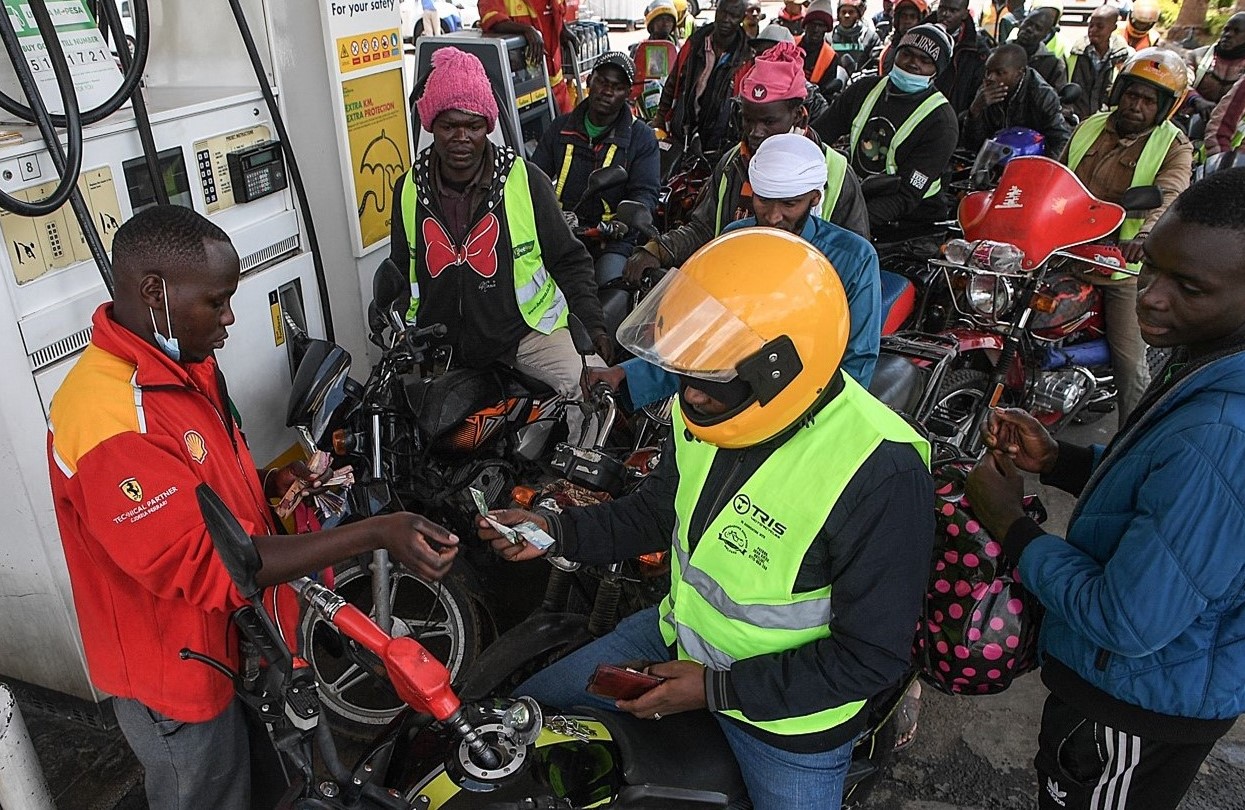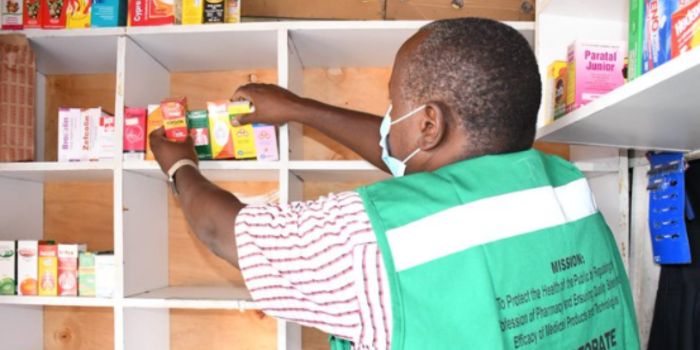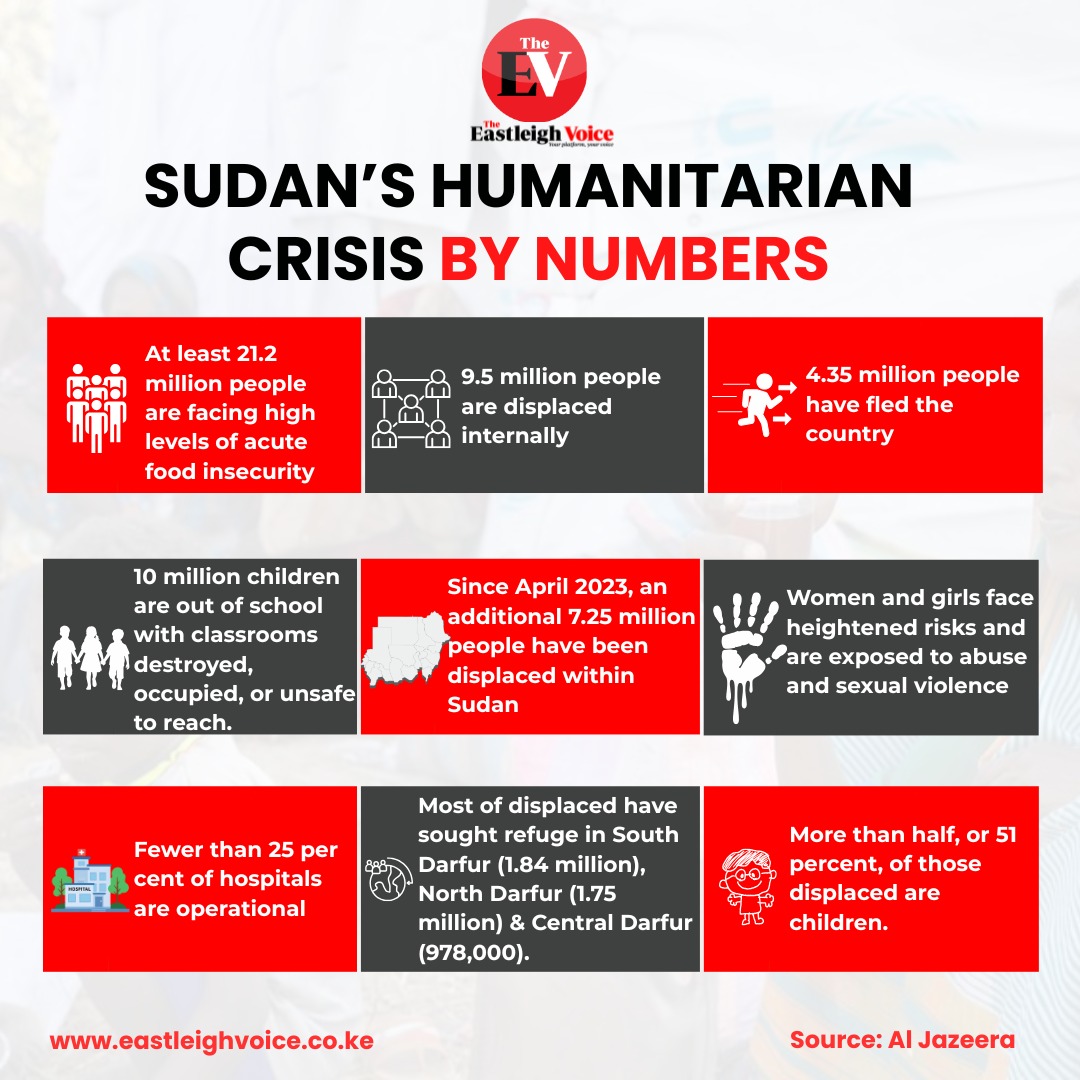Kenyans incurred Sh2.78bn extra in fuel costs in 2023 due to Mombasa Port delays

The results of the study are meant to help Epra set fuel prices that fairly consider the interests of everyone involved, including consumers.
Kenyan motorists were burdened with an extra Sh2.78 billion in fuel costs in 2023 due to delays in offloading imported fuel at the Port of Mombasa.
According to a report by Kurrent Technologies and Channoil Consulting Ltd, there was a significant increase in demurrage costs—a penalty for exceeding the agreed time for loading, transporting, and offloading cargo.
More To Read
- Fuel prices hold steady for December–January despite fluctuating global oil costs
- High Court blocks 10 per cent crude oil duty, slams government for bypassing public input
- Businesses granted 30-day relief on long-stay container charges at Mombasa port
- Fuel prices remain unchanged in November EPRA review
- Government shifts cargo clearance to Nairobi, Naivasha in bid to decongest Mombasa Port
- MPs reject plan to regulate cooking gas imports via open tender system
The report highlights that the costs skyrocketed to $29.1 million (Sh3.7 billion) in 2023, a sharp rise from $7.1 million (Sh914 million) the previous year and $19.1 million (Sh2.4 billion) in 2021.
“This level of inefficiency is unacceptable compared to any well-managed import facility. Even at busy ports like Thames (UK), Rotterdam, Singapore, or New York, such prolonged delays would not be a consistent issue,” the consultants tasked with evaluating the petroleum supply chain in Kenya said.
The consultants estimated that because of the delays, motorists had to pay an extra 37 cents per litre of fuel. The calculation was based on moving 740,000 tonnes of fuel each month and an average cost of $3.29 per tonne.
Despite the Sh40 billion Kipevu Oil Terminal II being opened to make fuel offload faster and reduce extra charges, high costs have persisted.
Geopolitical issues
Further, the consultants pointed out that geopolitical issues, especially in the Red Sea, have also played a role in increasing these costs.
“Currently, rates are higher due to overall increased shipping costs, influenced by global geopolitical tensions and the actions of Houthi rebels. We expect demurrage rates to decrease once these situations stabilise,” reads the report.
This recent analysis of Kenya's fuel supply and distribution chain is the second one conducted, with the first done in 2018. The results of the study are meant to help EPRA set fuel prices that fairly consider the interests of everyone involved, including consumers.
The report also revealed that motorists are paying an extra Sh2.70 per litre of fuel due to a government-to-government oil importation deal between Kenya and three Gulf state-owned companies. The consultants compared the costs of this deal, which began in March 2023, with the Open Tender System (OTS) and found that the OTS is more cost-effective.
“The Open Tender System (OTS), which involves monthly competitive bidding for supply contracts, fosters price competition among suppliers, ensuring that supply premiums remain reasonable. Therefore, the OTS mechanism is preferred,” reads the report.
The findings come at a time when fuel prices in Kenya remain among the highest in the region, even higher than in neighbouring countries like Uganda and Tanzania.
In Kenya, fuel has become one of the most heavily taxed items, with recent hikes in Value Added Tax (VAT), the Petroleum Regulatory Levy, and the Road Maintenance Levy Fund (RMLF) further increasing prices over the past year.
Top Stories Today











































